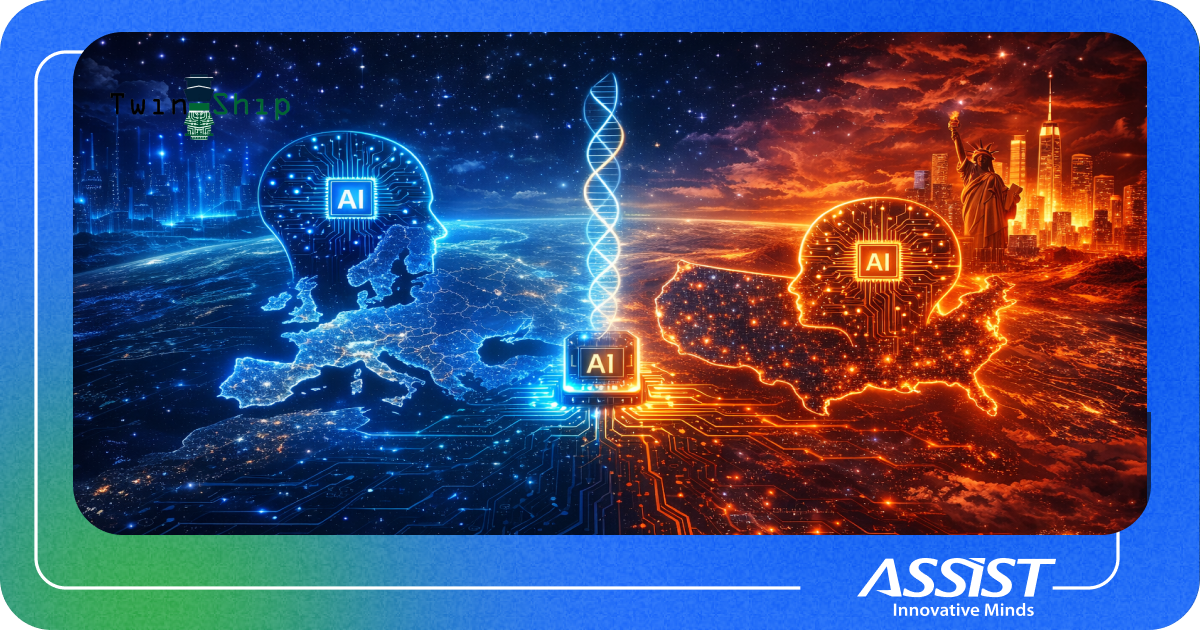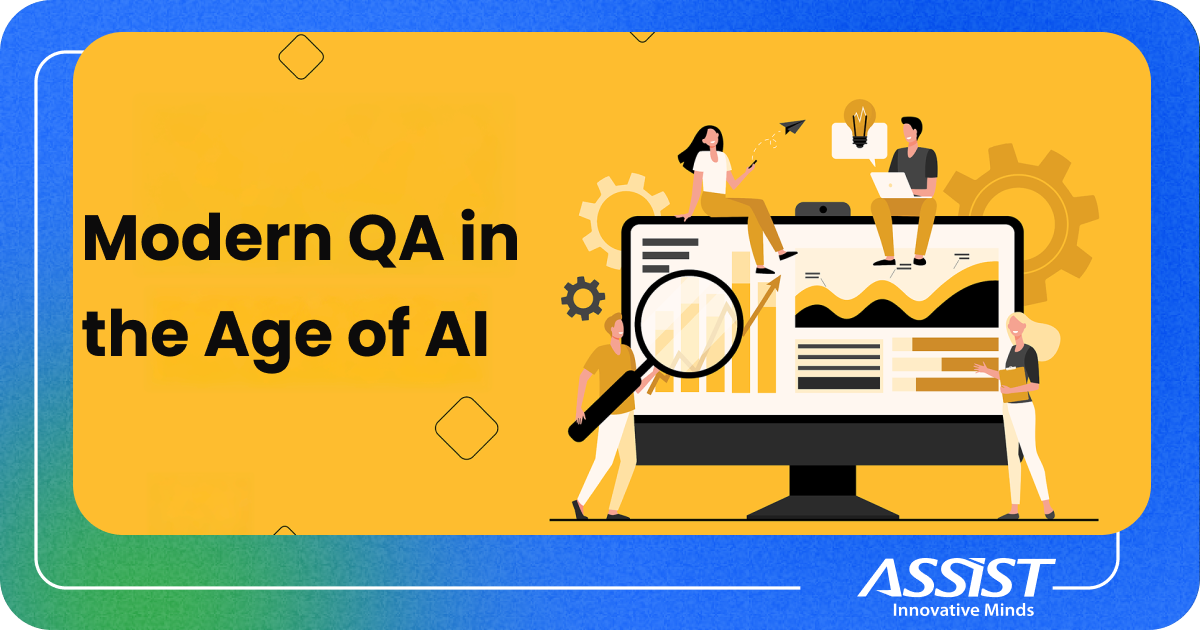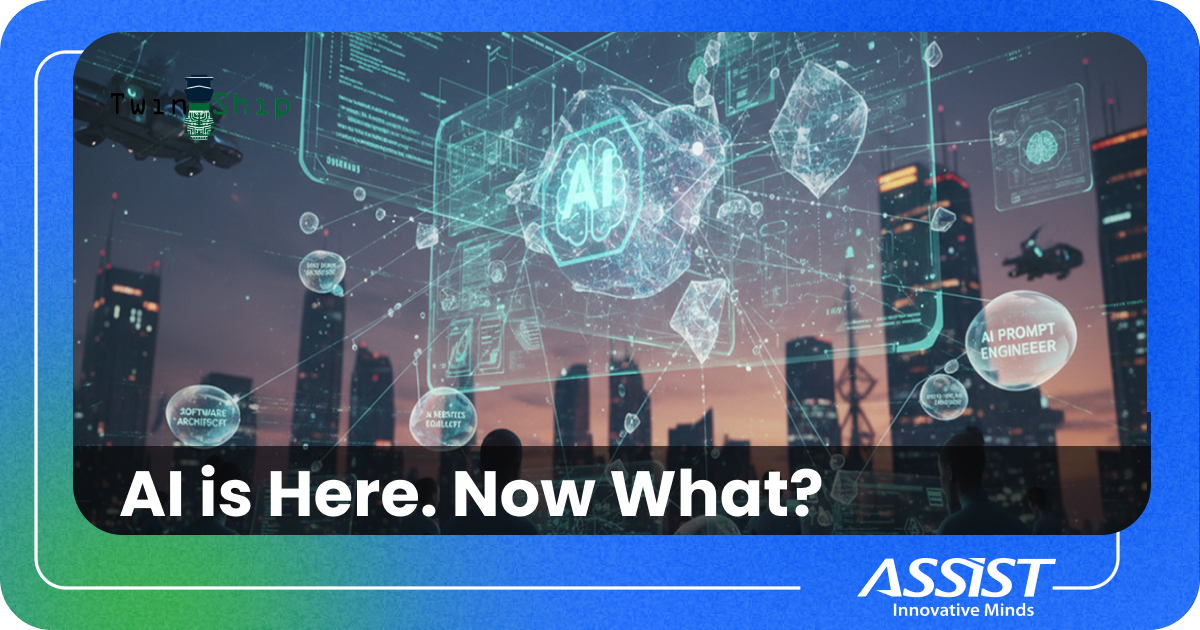Do you hear the buzz of quantum computers?

The world of computing is buzzing again when it comes to quantum computing, but even if the term has been thrown around quite regularly, many people might still be wondering what's it all about!
Simply put, quantum computing can revolutionize how we handle information. While classical computing has been the driving force behind our digital advancements, quantum computing takes a different route to tackle complex problems.
In this article, we will delve into the key disparities between quantum and classical computing, uncovering their distinctive attributes and the potential impact of quantum technology.
Let's talk about the basic building blocks of computing. In classical computing, we have bits. They are like tiny switches that can be either on or off, represented as 0 or 1. These bits work together through logic gates to perform calculations and run algorithms.
On the other hand, quantum computing introduces a fascinating concept called qubits. Qubits can exist in multiple states simultaneously, thanks to a phenomenon called superposition. It's like having a switch that can be both on and off simultaneously. This allows qubits to represent and process information in a vast number of states, which gives quantum computers an enormous computational advantage over classical computers. It's as if they can explore countless possibilities all at once, greatly expanding their computing power.
Classical computers process information step by step, one instruction at a time. Quantum computers, however, can do many things at once. Imagine you have a bunch of math problems to solve. With a classical computer, you would solve them one by one. But with a quantum computer, you could solve them all at the same time, using different paths simultaneously. This parallelism gives quantum computers the potential to solve certain problems much faster than classical computers.
In classical computing, we use classical algorithms tailored to work on classical hardware. These algorithms follow logical steps and solve every day computational problems efficiently.
However, quantum computing brings a whole new dimension with quantum algorithms. These algorithms are specially crafted to leverage the power of quantum mechanics. They take advantage of the unique properties of qubits to solve complex problems more efficiently than classical algorithms.
For example, Shor's quantum algorithm excels at factorizing large numbers, which is a difficult task for classical computers. Grover's algorithm, another quantum algorithm, is particularly useful for searching through unsorted databases quickly. These quantum algorithms tap into the extraordinary capabilities of qubits, enabling us to solve challenging problems with greater efficiency than classical approaches.
Momentarily, yes.
Classical computing has a strong advantage when it comes to error correction. It has mechanisms in place to ensure reliable computations and secure data storage. However, quantum computing faces a substantial hurdle in maintaining the fragile quantum states of qubits without being affected by noise and decoherence.
Quantum systems are highly sensitive and prone to disturbances from their surroundings. This sensitivity makes it challenging to preserve the integrity of quantum information during computation. To overcome this obstacle, researchers are actively working on developing error correction techniques specifically designed for quantum computing. These techniques, known as quantum error correction codes, aim to enhance the stability and reliability of quantum computations.
Quantum computers could unravel intricate codes safeguarding sensitive information, simulate the behavior of molecules to advance drug discovery, or optimize complex systems such as transportation routes. However, it's important to note that quantum computers are still in the early stages of their development. Numerous practical challenges need to be addressed before they can be extensively employed.
Do you want to know more about this subject and possibly become a pioneer in the field? Our July Tech Café meeting focuses on Quantum Computing, and attending it means diving into this fascinating universe.
We are meeting at Tech Café on the 22nd of July, starting at 10:00 am. See you at BIZZ Café! The coffee's on us.




